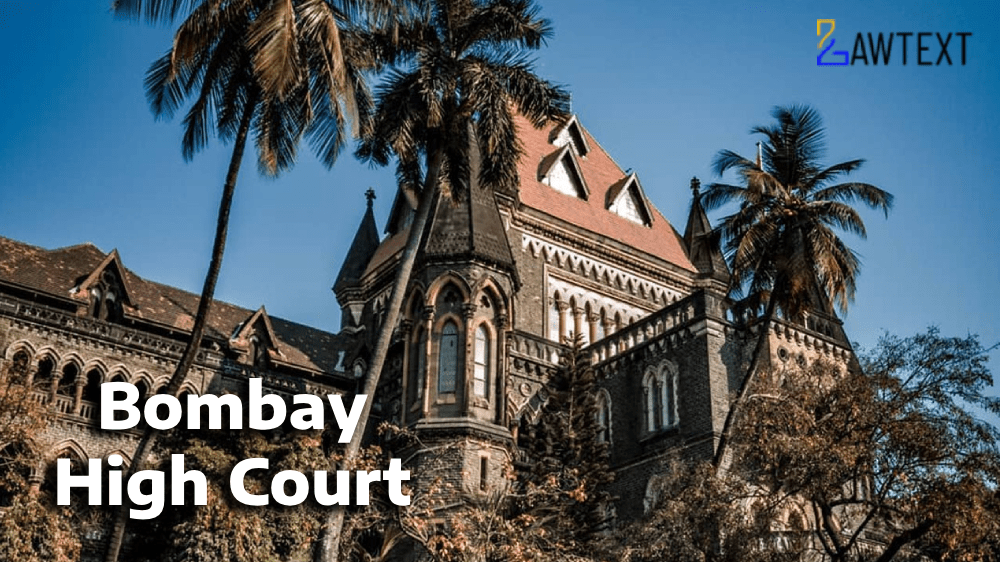Case Note & Summary
The appeal challenging the decree of specific performance of a property sale agreement was dismissed. The trial court, first appellate court, and High Court's decisions were upheld, affirming that the plaintiffs were entitled to the decree. The decree, however, was modified to grant the specific performance for only one-half of the undivided share in favor of the first plaintiff, Karan Singh. Directions were given for obtaining necessary permissions and executing the sale deed. The second plaintiff's claim was dismissed.
Justification for Specific Performance Direction for Specific Performance: The courts below were justified in directing the specific performance of the agreement and ordering the vendor to obtain the necessary sanction for the transfer of the sir lands along with proprietary rights. Plaintiffs' Entitlement to Specific Performance Findings on Specific Performance: Based on the findings from questions (a) to (e), the plaintiffs are entitled to the decree. Execution of Agreement Proven: Execution of the suit agreement was proved, and the plaintiffs were ready and willing to perform their part. Failure to Execute Sale Deed: The first defendant failed to execute the sale deed and instead executed two sale deeds in favor of the second to fourth defendants. Prompt Legal Action: Plaintiffs promptly filed the suit within a few days from the second sale deed’s execution. Bona Fide Purchasers: Second to fourth defendants were not bona fide purchasers for value without notice of the suit agreement and are bound by it. Concurrent Findings: There is no reason to interfere with the concurrent findings of the three lower courts. Dismissal of Appeal: The appeal is devoid of merits and is dismissed with costs. Conclusion Contentions Rejected: Appellants' contentions that the suit agreement was sham and that the second to fourth defendants were bona fide purchasers without notice were rejected. Upholding Decree for Specific Performance: Plaintiffs' claim for specific performance was upheld by the lower courts. No Compelling Reason for Interference: Appellants did not demonstrate any compelling reason to interfere with the concurrent findings. Modified Decree Interest in Specific Performance: The decree is restricted to the undivided one-half share in favor of the first plaintiff, as the second plaintiff was not interested. Order of Modification: Sale Deed Execution: Legal representatives of the first defendant and second to fourth defendants to execute a sale deed in favor of the first plaintiff for one-half undivided share. Application for Permission: Defendants must join the first plaintiff in applying for the grant of permission to sell the share within two months. Court Commissioner Appointment: If defendants fail to apply, a court commissioner will be appointed to sign and file the application. Rejection of Permission: If permission is rejected, the first plaintiff may challenge it, and a decree for refund with interest will be passed against the first defendant's legal representative. Execution of Sale Deed: If permission is granted, the sale deed must be executed within three months. Dismissal of Second Plaintiff's Claim: The suit is dismissed concerning the second plaintiff. Possession and Partition Suit: First plaintiff not entitled to seek possession in execution of this decree but may file a suit for general partition. Partial Allowance of Appeal: Appeal partly allowed with no orders as to costs.
Issue of Consideration: MAHARAJ SINGH & ORS. VERSUS KARAN SINGH (DEAD) THR. LRS. & ORS.
Premium Content
The Issue of Consideration is only available to subscribed members.
Subscribe Now to access critical case issues








